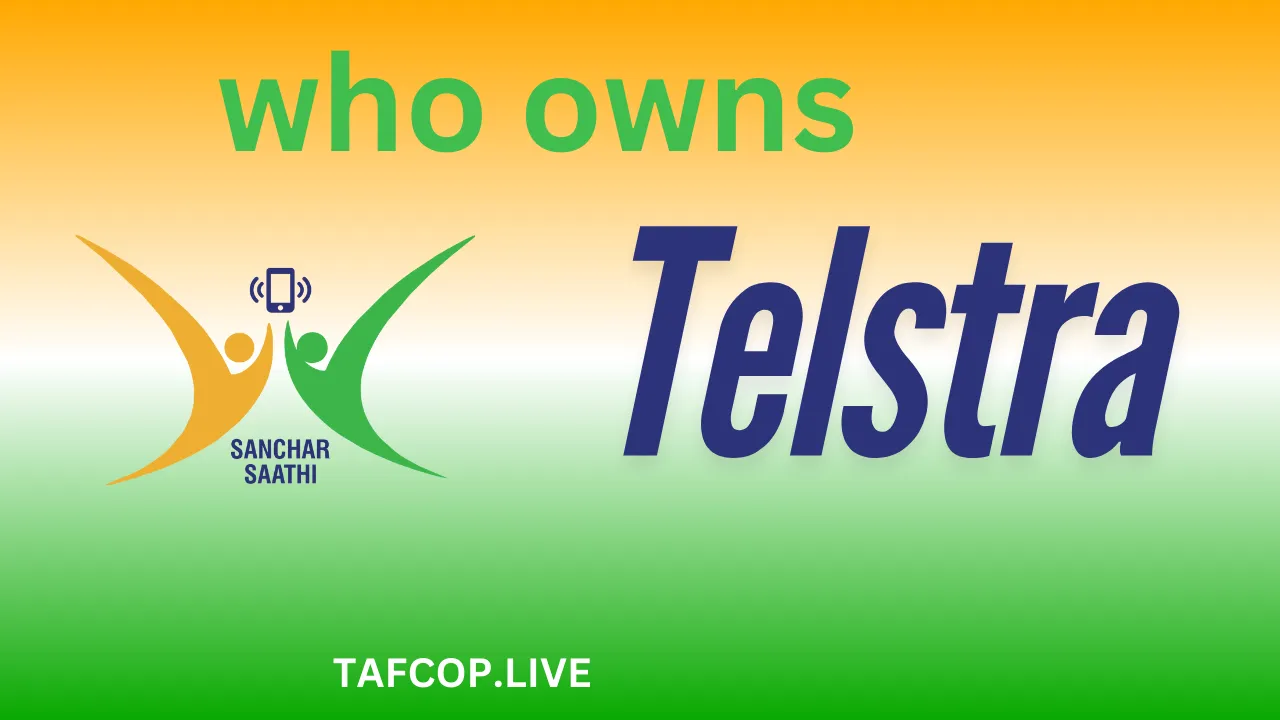Telstra isn’t owned by a single person or company—it’s a publicly traded giant with millions of shareholders. But here’s the twist: the Australian government still holds a golden share, giving it special veto powers over certain decisions. That means while everyday investors own most of Telstra, the government keeps a watchful eye to protect national interests.
So, who really owns Telstra? The answer is a mix of everyday shareholders, big investment firms, and the Australian government. It’s a unique setup that balances private ownership with public oversight, ensuring Telstra stays aligned with Australia’s telecom needs.
Who owns Telstra?
Telstra is primarily owned by public shareholders, but the Australian government retains a “golden share” for strategic control.
How Did Telstra’s Ownership Change Over Time?
Telstra wasn’t always a publicly traded company. Decades ago, it was fully owned by the Australian government, operating as a state-run monopoly called Telecom Australia. But in the 1990s, things shifted—the government decided to privatize Telstra in stages, selling shares to the public to boost competition and modernize the telecom sector.
The key turning point? The government sold its final stake in 2006, but kept that golden share—a special safeguard allowing it to block any takeover that might threaten national security or essential services. Today, Telstra’s ownership is a mix of:
- Retail investors (everyday Australians who bought shares)
- Institutional investors (pension funds, banks, and global investment firms)
- The Australian government (holding just one share, but with outsized influence)
Who Are Telstra’s Biggest Shareholders?
You might think a single billionaire or a foreign corporation owns a huge chunk of Telstra—but that’s not how it works. Instead, ownership is spread across thousands of investors, with a few major players holding larger portions.
The biggest shareholders? They’re mostly Australian superannuation (pension) funds and global investment managers, like:
- BlackRock (the world’s largest asset manager)
- Vanguard (another heavyweight in the investment world)
- AustralianSuper (one of Australia’s biggest pension funds)
Here’s a quick breakdown of ownership types:
| Shareholder Type | Percentage Held |
|---|---|
| Institutional Investors | ~60% |
| Retail Investors | ~30% |
| Australian Government | <1% (golden share) |
Why Does the Government Still Have a Say?
Even though the government sold nearly all its shares, that golden share isn’t just symbolic—it’s a legal safety net. Imagine if a foreign company tried to buy Telstra and cut off critical services in remote areas. The government could step in and say, “Nope, not happening.”
The real reason? Telstra’s infrastructure—like phone towers and undersea cables—is vital for national security and emergency communications. The golden share ensures no single entity can disrupt that, keeping Australia’s telecom backbone secure.
Could Telstra Be Fully Privatized?
Technically, yes—but politically, it’s complicated. Some argue that full privatization would make Telstra more efficient, while others fear it could lead to higher prices or worse service in rural areas.
The bottom line? As long as Telstra controls essential infrastructure, the government will likely keep its golden share. It’s a trade-off: private ownership drives innovation, but public oversight keeps things fair.
What Does This Mean for Telstra Customers?
Ownership isn’t just about who gets profits—it affects service quality, pricing, and innovation. Because Telstra answers to shareholders and the government, it walks a tightrope:
- Profit pressure → Shareholders want returns, which can mean higher prices.
- Public duty → The government expects reliable service nationwide, even in unprofitable areas.
Example: When bushfires hit, Telstra can’t just cut off towers to save money—the government ensures networks stay up for emergencies.
FAQs
1. Does the Australian government still own Telstra?
No, but it holds a “golden share” to block major decisions affecting national interests.
2. Can I buy Telstra shares?
Yes! Telstra (ASX: TLS) is publicly traded, so anyone can invest.
3. Who is Telstra’s CEO?
As of 2024, Vicki Brady leads Telstra.
4. Is Telstra owned by China or another foreign country?
No—while foreign investors own some shares, no single country controls Telstra.
Conclusion
Telstra’s ownership is a fascinating blend of public and private influence—a dance between shareholders chasing profits and a government protecting national needs. It’s not the kind of company where one tycoon calls all the shots; instead, millions of investors, big financial firms, and policymakers all have a stake.
As one telecom expert once joked, “Telstra isn’t just a company—it’s a national balancing act.” And for Australians, that means a network built for both business and public good. Whether that’s the best model? Well, that’s a debate for another day.

